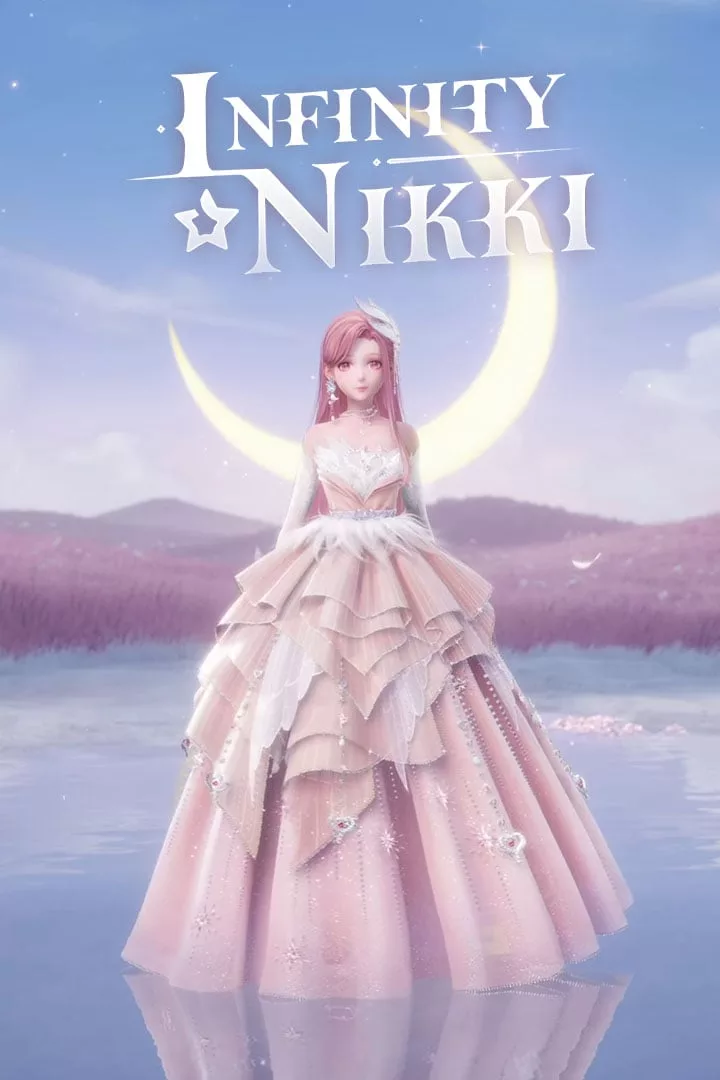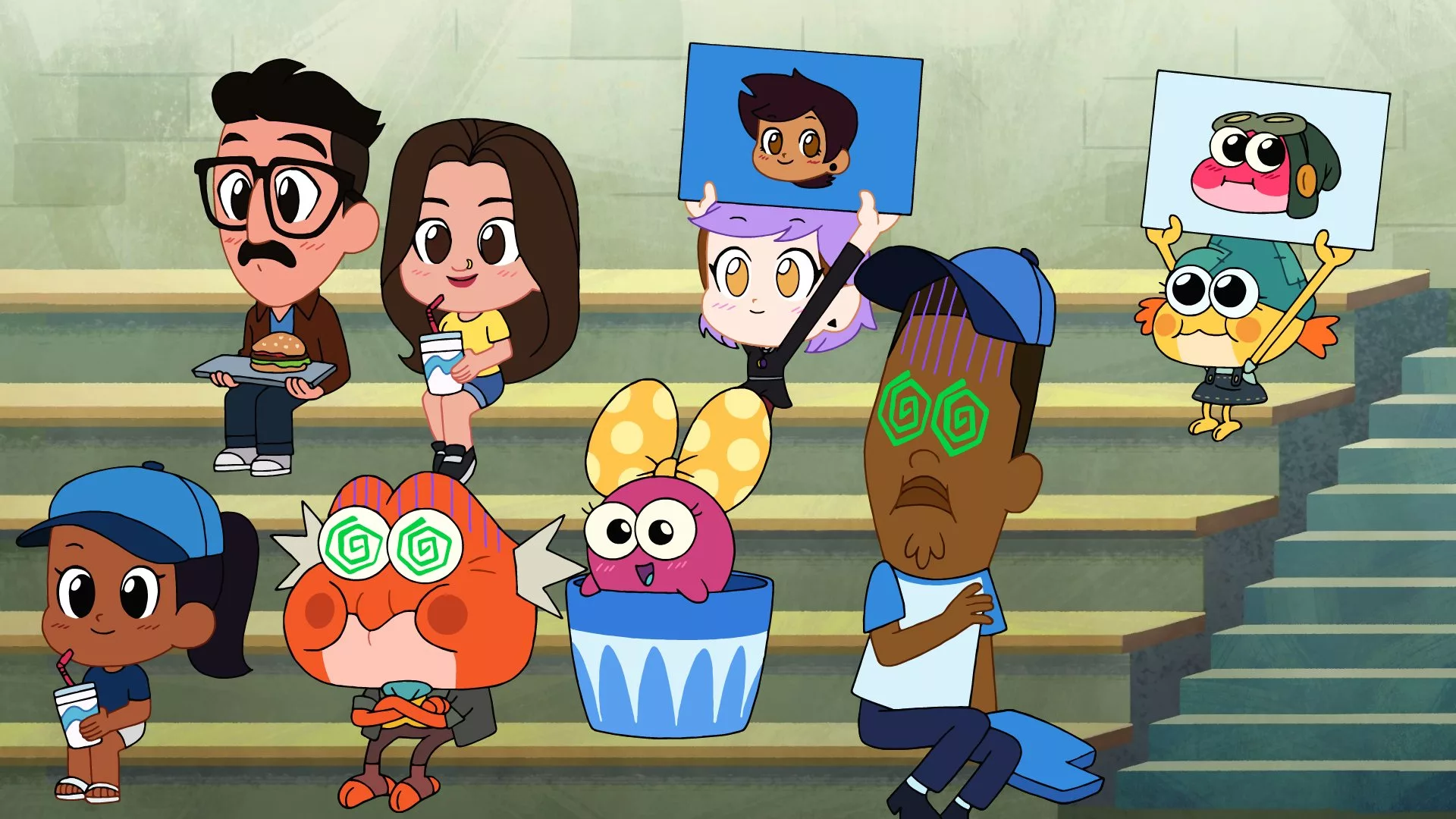As the Director of the original Final Fantasy VII, Producer of the Remake Trilogy, and many other senior roles in Square Enix titles, Yoshinori Kitase knows a thing or two about Final Fantasy. So much so, in fact, that he delivered a masterclass at BAFTA last night – specifically focusing on how Final Fantasy VII has evolved into Final Fantasy VII Rebirth, releasing in less than a month on 29th February 2024.
Sandwiched between a fan event in London over the weekend, and a possible demo announcement on Wednesday’s State of Play, the event was hosted by gaming journalist and creator of the BBC’s “Press X to Continue” podcast Steffan Powell. Fans, including myself were treated to an intimate evening as Kitase described his experience of developing games in the 27 years between VII and Rebirth.
Kitase began by regaling us with his career trajectory into gaming, starting with his love for Star Wars and how it sparked his love for massive, cinematic stories, leading him to study film and animation at University, and learning how to use technology to create the visual spectacles now standard in most films. He talked about becoming obsessed with Space Invaders and how gaming made him feel, with an interesting personal revelation about how his father looked down on his interests in games. In spite of this, after discovering the early Final Fantasy titles, he told us of how he saw gaming as a new space for storytelling and world building, and switched his career into game development, bringing his expertise in filmmaking to the medium.

After working on Final Fantasy V and VI, Kitase was appointed Director of Final Fantasy VII. He told us how the idea of VII was originally conceived in 1994, and the plan was for the game to be another 2D pixel art entry in the series. Development for Chrono Cross required that most of his team were redeployed to facilitate its release, and Final Fantasy VII was delayed until after the initial release of Sony’s PlayStation, bringing significant new technology to the scope of game development, and changing their plans entirely.
At the time, Kitase said, the teams involved in developing games were composed of 20-30 people at most, and as Director he still had direct involvement of the game’s design. He took the opportunity to show a clip from the original Final Fantasy VII – the iconic cinematic opening with Aerith, the pan to the entire city of Midgar, and the train sequence where Cloud and Avalanche fight the guards in the opening scenes. Kitase revealed he personally coded that sequence – a fairly subtle flex, given how iconic that scene is now considered to be. If anything, however, he didn’t say this to brag, but to begin highlighting how development has increased in complexity over the years.

His comments moved to consider how games increased in scope, size, budget, and expectations. Games that previously took under a year to create were taking several years. Where he previously dealt with a team of 20-30, even for VII, his team peaked at 200-300 staff involved in development. As time has gone on, he has seen teams increase in size and specialisation. He then showed the latest trailer for Final Fantasy VII Rebirth – and quipped that he could never have personally coded the quality of what we just saw, praising the technologies and skills newer developers are fluent with, but also commenting on the difficulties of specialties being “siloed away” and requiring outsourcing of specific elements to external sources. He was possibly hinting here at the fact FFVII Remake was originally outsourced to an external company before being brought entirely in-house.
Kitase then told us that VII holds a special place in his heart for another reason – his son was born the same year VII released and is therefore the same age as the game. He joked that his son is actually a bigger fan of Apex Legends, leading to discussing how everything in gaming is now more difficult – and that it took nearly a year of discussing with the Apex Legends developers how their current crossover event should look, all while keeping the exciting news secret, even from his own son.

This led naturally to Kitase discussing what his overriding principle was for Final Fantasy VII Remake. He asked himself – would my son enjoy the original Final Fantasy VII and feel the way we all did back in 1997? His honest answer to that was no – gaming, media, and culture are not the same now, and he would have to create something extra special to appeal to a modern audience. For him, it was therefore key that a Final Fantasy VII Remake needed to pass two tests: one, that technology and current capabilities could deliver his vision for a truly modern Final Fantasy VII, free from constraints of consoles of the day, and; two, that fans of the original game had grown up to work at the company and develop a Remake worthy of being made.
With the PS5, he said, there were basically no technical constraints anymore, and the team at Square Enix did now comprise a lot of talent who had grown up playing Final Fantasy, and were now contributing to the company. It therefore only felt right to develop Remake now, and not before – despite being asked, at every media appearance when, and not if, Final Fantasy VII Remake was coming.
At the end of his speech, Kitase noted that the future task of the games industry was to try to convince the wider public of its importance. He talked about how people in gaming understand the tropes and cues in games, referencing older 2D games and how a 16×16 pixel square of stairs meant the player would be transported to another room, and how his dad just never understood these elements – likening it to how parents in the 1960s must have felt watching their children grow their hair out like The Beatles. In a uniquely touching moment, he reflected back on his late father disapproving of his early love of games, and wondered how his dad would feel about seeing his contribution to the gaming landscape to date.
In the Q&A session, Kitase revealed some further views about the state of gaming and the Final Fantasy series. Steffan asked him to come back to his point about Star Wars, and asked what games need to do to be considered as important as Star Wars in media and culture. Kitase’s answer surprised some, as he leaned towards an environment where more games appeal to “generic, average, middle-ground” depictions to pull in a wider audience, in addition to “extreme” elements that stun and push forward. His comments here could be suggesting that some titles need to play it safer, but he did also make clear that there needs to be innovation and radical choices in games as well.
He also commented on how the Director of the recent “The Marvels” film cited Final Fantasy VII Advent Children as inspiration for some of their action sequences, and reflected on how movies used to entirely influence games – but that the dial was shifting, and he is starting to see the influence of games coming through in other media, in some inspiring examples of cross-pollination.

Kitase was then asked a long question by content creators FFUnion about how he feels about carrying on the “legacy” of Final Fantasy, and what he is doing to preserve some kind of legacy in the years to come. His response indicated that no one is specifically focused on considering a legacy and that any sense of such is down to individual Directors doing a good job.
But he did reveal an interesting opinion – that Final Fantasy’s future lies in the hands of newer creatives, and not the same old faces. Although he was excited to have key figures of “The Old Guard” like Tetsuya Nomura and Kazushige Nojima on board for Remake, he also noted the important of someone like Naoki Hamaguchi, who is the current Director of Rebirth, taking over full direction since Remake. Hamaguchi has been at Square for many years but Remake and Rebirth are his his first major titles he’s led on. Kitase made clear how important it was to entrust someone like Hamaguchi to bring fresh ideas to the table, and he thinks this is the most important part of crafting future Final Fantasy titles. He likened this to character stats in a “radar chart”, showing so many points in strength, defence, speed and so on – and said that Final Fantasy will never max out its stats if it keeps using the same development teams to make new games. This is also in line with recent comments from XVI’s Producer, Naoki Yoshida, who also seemed to feel that it was time to pass the torch to a newer generation of creatives – possibly signalling a major shift in strategy for Final Fantasy XVII and beyond.
In another personal moment, Kitase talked about how each Director puts parts of themselves into the games they created. In a discussion about recurrent themes of fathers and sons in titles like VIII and X, Kitase noted that key figures in those development teams were new parents at the time, and this undoubtedly had an impact on the messages being crafted. Of his own experience, Kitase simply laughed, and said: “maybe when we made VII, I had something to say about big companies”. One wonders what he’d say about modern Square Enix in a more private environment…
Another audience member put to him that he has been key in bringing to life so many big characters – so what did he felt made a good protagonist? In this, he was quick to praise colleague Tetsuya Nomura, who is credited as the character designer for so many iconic characters in the series. Kitase said the important thing here is not just designing the character’s appearance, but really delving deep into who they are and what they feel, and fully realizing them. He said this really came out in someone like XIII’s Lightning, and it was really important for him to have a clear female protagonist where there hadn’t been one prior to that. He didn’t give any indication for any future female leads but, given current development cycles, the next Final Fantasy could come out in 2029 and mark around 20 years since the last explicit female lead. With any luck, he will at least influence Final Fantasy XVII enough to see that through.
The next question came full-circle and asked Kitase whether games have had their “Star Wars” moment yet, referencing how Star Wars changed the perception of cinema and media culture so dramatically – and also asked whether the next Star Wars moment in gaming lies in hyper-realistic art styles, or something we’ve never seen before.

Kitase didn’t go so far as to say Final Fantasy VII changed the industry, but did hint that was the aim. Early in VII’s development, VII could have been another 2D pixel art game like the first six in the series. In his words, the 3D polygon models eventually used in VII were actually considered a visual step backwards compared to some of the designs in earlier entries. However, he and the team felt strongly that the 3D space and tech allowing more cinematic, visual storytelling should be the future of games, so they stuck to their guns and pursued VII with the intent of pushing the industry forward – a goal, he reasonably believes, they achieved. It wasn’t until Final Fantasy XV that he felt the series had technically been able to achieve what he envisioned for VII back in the 90s – explaining why it took so long for him to feel comfortable endorsing a full remake of VII, and leading us back to today.
With the final question, Kitase was forced to acknowledge his recent comments about any potential Final Fantasy VI Remake taking up to 20 years to make – being asked if he saw any alternatives, such as using old 3D renders from the original designs to inspire a smaller-scale remake.
Laughing, Kitase simply replied: “anything I say will be immediately posted on the internet, and everyone will take what they want from that, so I’m saying nothing.” Right you are, Kitase-san!
And, with that, the evening formally drew to a close – not without plenty complementary glasses of champagne, and some mingling with half the cast of Final Fantasy XVI, who seemingly turned up as regular fans.
Although Kitase didn’t dump any new information about Rebirth, I think the main points to take away from his words were that the gaming landscape is unrecognisable from where it was in the 1990s – and that new blood, inspired by what came before but keen to push forward, is a core value for the future of the series.
And also that, no matter where he goes, he’s always going to be asked to remake someone’s favourite game.






